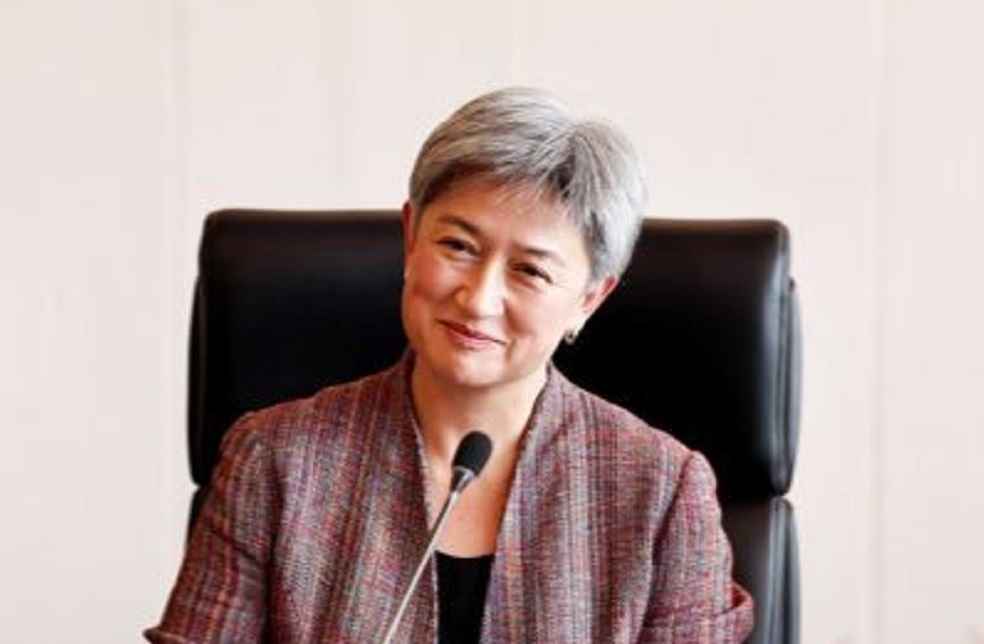China’s recent declaration to lift import tariffs on Australian bottled wine marks a notable de-escalation in trade tensions, a development greeted with enthusiasm by the Australian government. Effective from Friday, this decision concludes a near four-year imposition that had significantly restricted Australian wine from penetrating the Chinese market, as per the Australian Foreign Ministry’s announcement.
Foreign Minister Penny Wong lauded the resolution as a pivotal juncture for both Australian vintners and Chinese consumers, underscoring the strategic, measured negotiation efforts led by the government under Anthony Albanese. This achievement aligns with a prior negotiation success regarding Australian barley, demonstrating a consistent, effective approach to diplomacy.

The wine industry in Australia, severely impacted by the 2020 tariffs that made export to China impracticable, is now set for revitalization. Exports had dwindled from a zenith of $714 million in 2019, and Wong expressed gratitude towards the grape and wine community for their endurance and solidarity during this period.
The Australian government has advocated for a diplomatic posture of cooperation with China where feasible, principled disagreement when necessary, and engagement always aligned with national interest—a stance that has yielded results with the recent announcement.
Chinese media relayed that the Ministry of Commerce found the excessive ‘anti-dumping’ and anti-subsidy duties, previously set above 200%, to be unjustifiable. This determination was part of an accord to avoid further World Trade Organization (WTO) litigations, with Australia consenting to retract its complaint as part of the deal to eliminate tariffs.

Prime Minister Anthony Albanese underscored the wine sector’s significance to Australia’s economy, emphasizing its role in supporting employment and tourism. He pointed out Australia’s reputation for producing premium wine across regions such as Hunter Valley, Barossa, Clare, and Margaret River.
This move precedes a deadline for Beijing to formalize an accord on tariff removal, indicating a mutual interest in repairing trade dynamics. The initial tariff imposition had been a countermeasure to Australia’s advocacy for an international probe into COVID-19’s origins, triggering a period of increased trade and diplomatic strife. The resolution of the wine tariff dispute not only suggests a warming of Sino-Australian relations but also marks a considerable stride towards reconstructing mutual trust and collaborative engagement between the two countries.
DON’T MISS | Xi Hosts U.S. Business Titans: A Bold Move to Revive China-U.S. Ties



